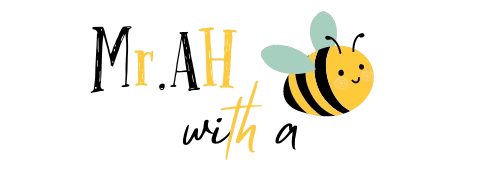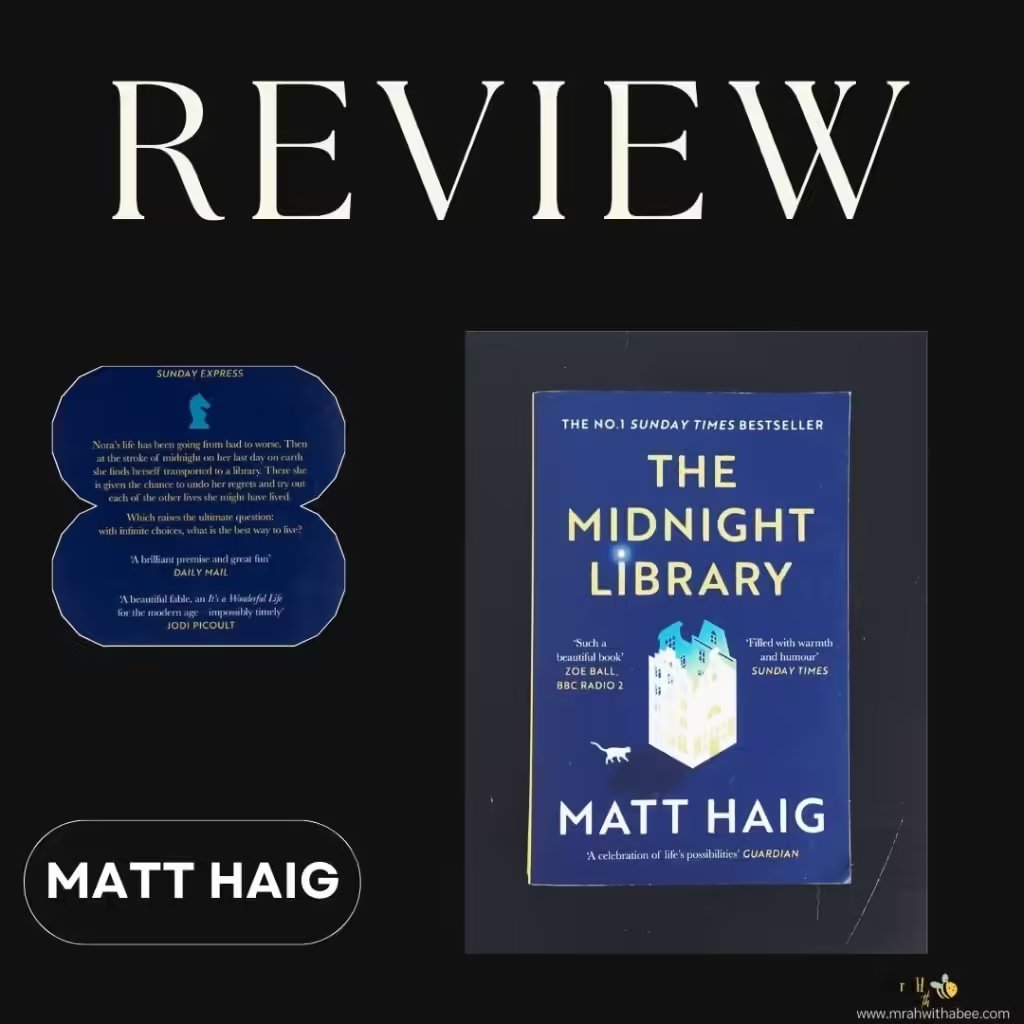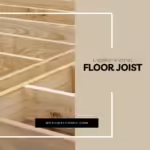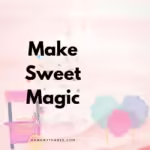The Midnight Library by Matt Haig is a powerful combination of modern fiction and fantasy, probing deep themes of regret, choices, and second chances. The narrative follows Nora Seed, a woman feeling unfulfillment in her life, and the Midnight Library, a mystical place where she can experience different lives she could have lived. Imagine if you could erase your regrets and experience various versions of your life—would that lead to greater happiness? This fascinating premise draws readers into a reflective and emotional journey that challenges the concept of “the perfect life.”
Plot Summary
The story follows Nora Seed, a woman who feels discontented with how her life has turned out. In her moment of despair, she enters the Midnight Library, a mysterious place filled with books that represent different versions of her life based on the choices she didn’t make. Each book on the shelves offers a glimpse into a life she could have lived, reflecting her inclination to give up. Nora explores these alternate lives, ranging from becoming a rock star to working as a glaciologist in the Arctic, guided by her old school librarian, Mrs. Elm. With each book she opens, Nora gets a glimpse of what might have been, stepping into a different reality. As she explores these alternate lives, she must confront her true desires and discover what it truly means to live a fulfilling life.
Themes and Motifs
The Midnight Library allows Nora to discover deep themes of regret, choice, and the search for purpose. Nora’s path discovers the feeling of ‘what if’—a question many of us think about. Haig shows how, through her experiences, regret weighs heavily on us, yet our choices do not define our happiness. The library itself symbolizes the endless possibilities that life holds. The potential impact of every decision encourages readers to consider the importance of each choice, as books, libraries, and alternate lives serve as recurring motifs. The novel suggests that although alternate paths may seem enticing, true fulfillment comes from embracing the life we have and finding peace within it.
Character Analysis
- Nora Seed: Nora shares similarities with the main character, struggling with feelings of regret and self-doubt. She gradually learns about herself as she moves through difficult lives in the Midnight Library, exploring her strengths, values, and desires. Her growth is at the heart of the story, and readers witness her transformation from feeling lost to appreciating the beauty in her own life.
- Mrs. Elm: Mrs. Elm, the librarian of The Midnight Library and Nora’s former school teacher, serves as both a guide and a confidant. She offers Nora gentle wisdom to help her navigate the library and her own thoughts. Her character inspires readers to find mentors who can provide support during life’s difficult moments.
- Dylan: Nora’s boyfriend, Dylan, is sweet, kind, and carefree, finding joy in simple moments. However, as time passes, she begins to feel a disconnect and realizes she isn’t fully present for him. This awareness prompts a difficult decision: to leave their gentle life together, as Nora believes Dylan deserves someone who can truly love him. She hopes they both can grow and find the love they deserve by stepping away.
- Supporting Characters: Some familiar and some new, each alternate life introduces Nora to different people who share her journey. Even when we don’t realize it, they reflect how relationships and connections influence who we become. These characters remind us that our lives are intertwined and that each relationship leaves a lasting impact.
Writing Style and Structure
Matt Haig’s style of writing is clear and heartfelt, making The Midnight Library easy to read and full of emotional depth. He invites readers with a reflective tone to empathize with Nora’s journey. His prose is simple yet impactful, adding depth to the story’s emotional weight. Allowing readers to explore multiple narratives, the book features a unique structure with short chapters and an alternate life format. Haig’s use of concise, engaging chapters keeps the pacing steady, while the intimate narrative voice draws readers into Nora’s inner thoughts and feelings. Additionally, Haig weaves in philosophical insights that encourage readers to reflect on their own lives, further elevating the story.
Personal Reflection
The Midnight Library leaves a heartfelt impression, prompting you to reflect on your own choices and the paths you haven’t taken. You may appreciate how Haig explores the theme of self-acceptance through Nora’s journey, as her regrets feel relatable. What resonates most is the idea that, although it’s tempting to focus on “what ifs,” the lives you could have lived aren’t necessarily better than the ones you have.
FAQs
- What genre is The Midnight Library?
- The Midnight Library is a blend of contemporary fiction and fantasy, with themes of self-discovery.
- Who is the author of The Midnight Library?
- The author is Matt Haig, known for his emotionally resonant novels and insightful take on mental health.
- What is the main theme of The Midnight Library?
- The book explores themes of regret, choices, and finding fulfillment in life.
- Is The Midnight Library suitable for all readers?
- Yes, it’s a thought-provoking story suitable for adults and young adults, particularly those interested in personal growth.
- Is The Midnight Library a standalone book?
- Yes, it’s a standalone novel, not part of a series.
- Who would enjoy The Midnight Library?
- Fans of reflective, character-driven stories and those curious about alternate realities will enjoy this book.
- What is the Midnight Library in the book?
- The Midnight Library is a mystical place where each book represents a different version of Nora’s life based on choices she didn’t make.
- Does the book have a happy ending?
- Without giving away spoilers, the ending is hopeful and reflective, resonating with the novel’s central themes.
- What makes The Midnight Library unique?
- The novel’s unique premise and its exploration of “what if” scenarios make it a thought-provoking read that stands out.
- Would you recommend this book?
- Yes, especially to readers who enjoy books about life, choices, and self-discovery.



